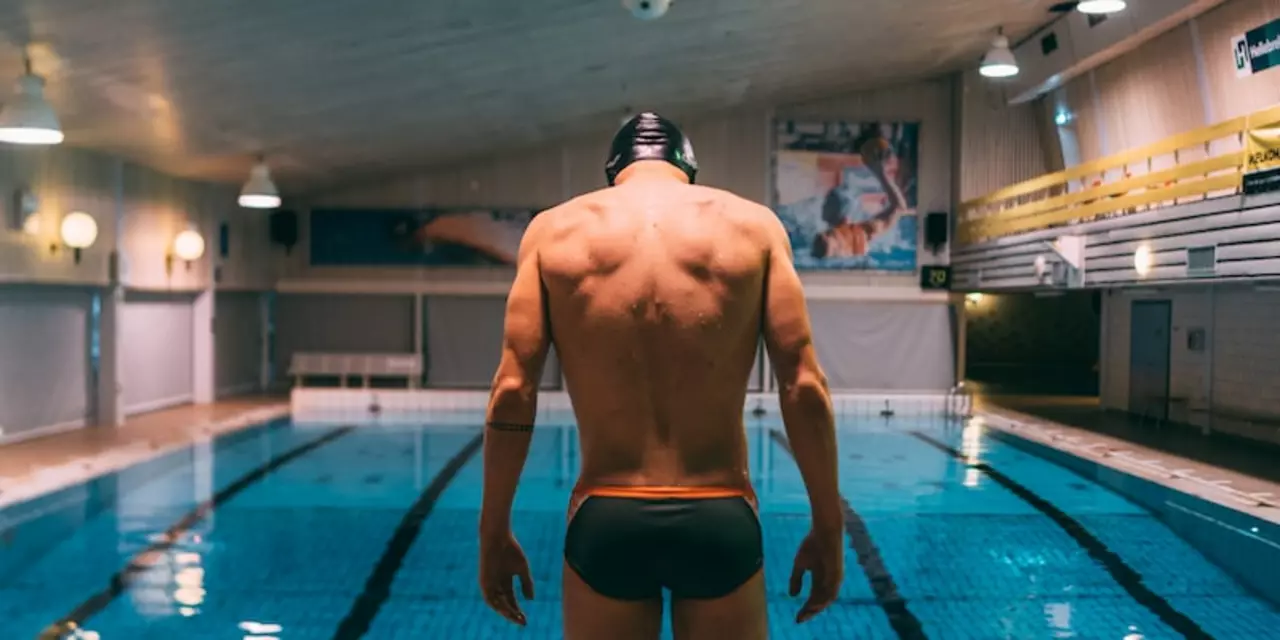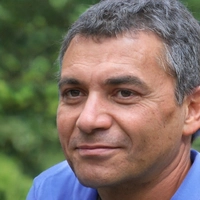Learning Hub – Dive into Swimming, Sports, Tech and More
When working with learning, the process of acquiring knowledge or skills through study, experience, or teaching. Also known as education, it fuels personal growth and performance in many fields. In the context of swimming, a full‑body water sport that improves cardiovascular fitness and coordination, learning means mastering stroke technique, breathing rhythm, and race strategies. The Olympics, the global multi‑sport event where athletes compete for medals across dozens of disciplines illustrate the ultimate learning showcase: athletes invest years of deliberate practice, adapt to new technologies, and constantly refine their training plans. These three entities intersect in clear ways: learning encompasses skill development in swimming; swimming performance shapes Olympic outcomes; and Olympic standards push the boundaries of what athletes can learn. This web of relationships sets the stage for the diverse articles you’ll explore below.
Why Continuous Learning Matters in Aquatics and Beyond
Take infant swimming lessons, early‑age programs that teach water safety, motor skills and confidence to babies and toddlers as a prime example. Parents who enroll their kids discover that early exposure builds foundational water comfort, which later translates into stronger competitive performance or safer recreational habits. Meanwhile, heart health, the condition of the cardiovascular system, benefits from regular aerobic activity like swimming demonstrates how learning a new sport can become a preventative medicine routine. Even tech‑savvy readers will find relevance in the rise of AI coding assistants such as Gemini Code Assist, which offers multi‑step project editing and code reviews—showing that learning to work with intelligent tools can boost productivity across any discipline. These examples underline three semantic triples: learning drives infant swimming lessons; learning enhances heart health through regular exercise; learning supports efficient coding with AI assistants. By recognizing how knowledge transfer works in water, health and technology, you can apply the same principles to your own goals.
The collection below brings together stories, tips, and data that reflect these connections. From the physics of a 10,000‑gallon pool to the emotional pull of infant water classes, from Olympic event limits to AI‑powered coding, each piece adds a layer to your understanding of how learning shapes performance and well‑being. Browse the posts to see practical advice, real‑world examples, and fresh perspectives that you can put into action today.

